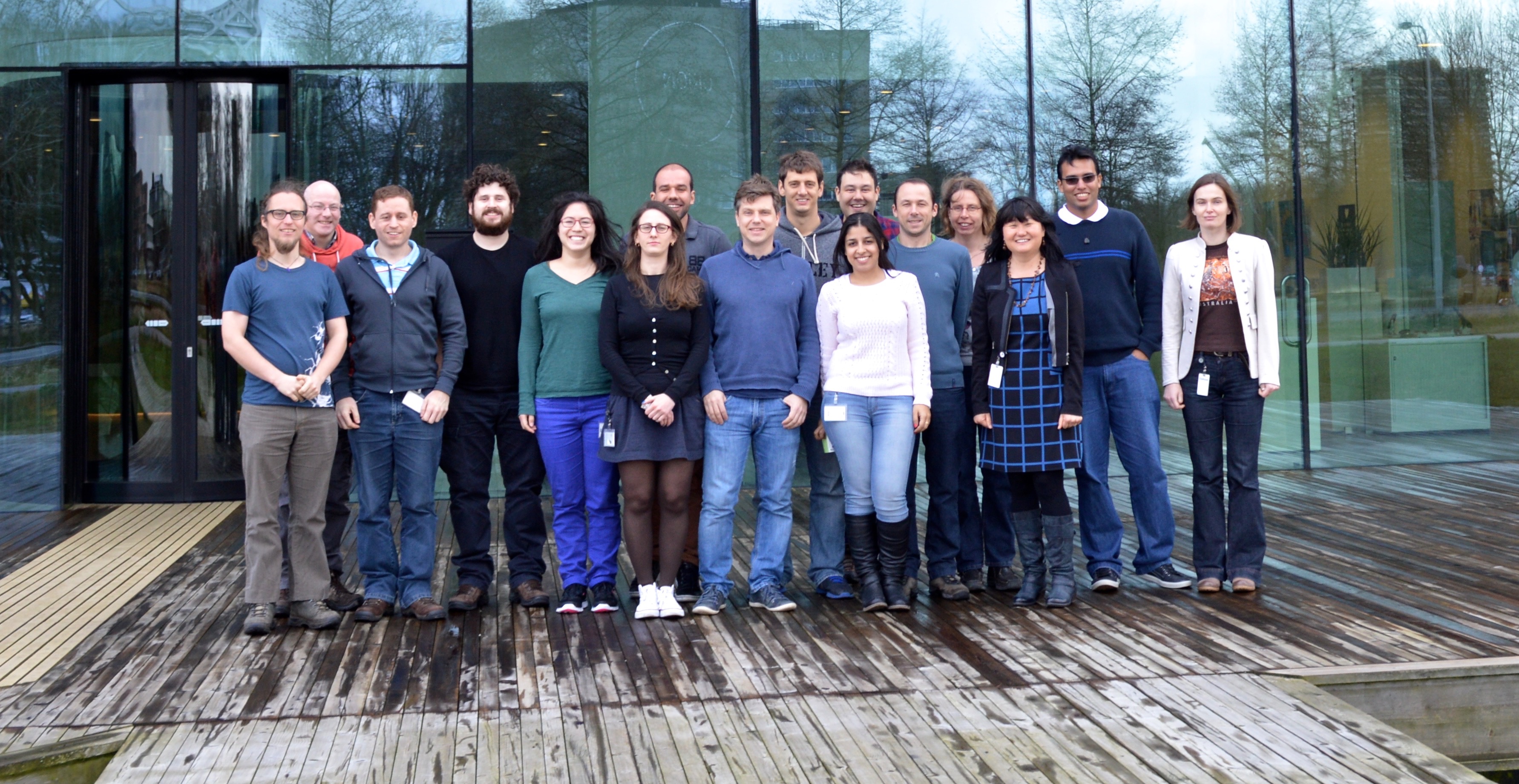Kuramae Group
Kuramae Group
Microbial EcologyThe goal of Kuramae's group is to understand soil microbiome interactions for soil functioning and microbes and plants co-dependence in sustainable agriculture. The main focus is to ‘farm’ beneficial microbes linked to N and P (re)cycles to provide nutrients to plants, increase soil quality and fertility and mitigate greenhouse gas Nitrous Oxide.
To achieve our goal we ‘farm’, steer, modulate and optimize the microbial communities and functions (bacteria and fungi) by increasing their diversity and functionality to deliver the soil ecosystems services. To do so, our experiments in greenhouse and field are on;
(1) Nutrient cycling by recycling organic residues (from plants, mushrooms, crustaceous, insects) and by increasing the aboveground biodiversity through man-made system (mixed or intercropping) or natural system (forests-focus on Amazon forest).
(2) Manipulatation of soil chemical and organic conditions in order to increase the co-dependence (i) between beneficial microbes and plants to increase plant productivity and food quality; and (ii) between functional groups of soil microbes to mitigate greenhouse gas emissions, particularly N2O. For the fundamental understanding of these co-dependencies, we apply state-of-the-art multi-omics combined with Stable Isotope Probing as well as state-of-the-art bioinformatics and modelling.
Our researches are carried out nationally and internationally with collaborators and within bilateral programs (Europe, USA, South America, Africa and Asia).






